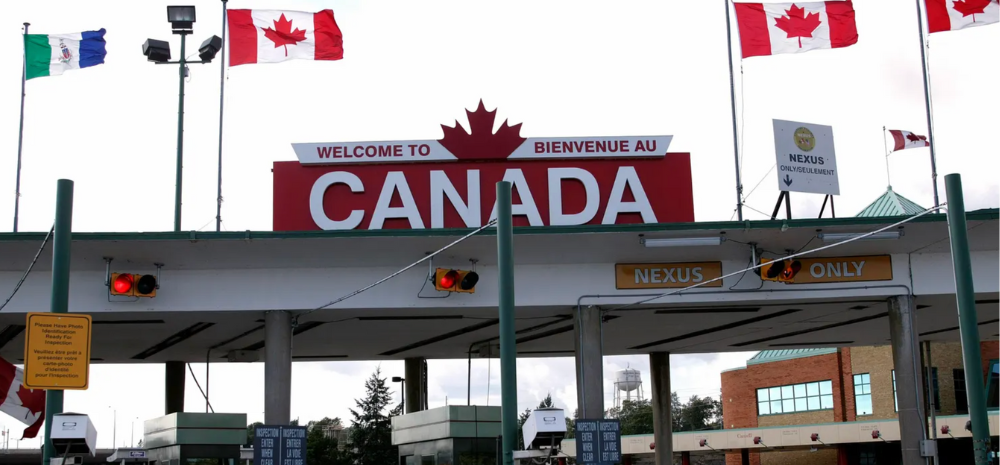Canada has recently made significant changes to its work permit rules, benefiting H-1B visa holders from the United States. This move, aimed at attracting skilled workers and supporting their families, comes in response to the high demand for Canadian work opportunities. Here’s a closer look at the new policies and their implications.

Eligibility and Criteria
To qualify for an open work permit in Canada, H-1B visa holders need to meet specific criteria:
- Valid H-1B Specialty Occupations Visa: Applicants must hold a valid H-1B visa.
- US Residency: Applicants must be residing in the United States.
- Job Offer from Canadian Employer: A job offer from a Canadian employer that meets certain standards is required.
Family Member Benefits
Family members of H-1B visa holders who have already applied for a Canadian work permit can also benefit. They may be eligible to apply for:
- Temporary Resident Visa (TRV)
- Study Permit
- Open Work Permit
How to Apply
Family members can apply for these permits through the IRCC Portal if the primary applicant has already submitted their application.
Supportive Policies Introduced
Policy 1: Application Consideration Post-Cap
Effective from September 27, 2023, this policy allows for the consideration of applications that exceed the 10,000 cap. Applications submitted after the initial policy expired on July 17, 2023, but before the online portal closed, will still be considered.
Policy 2: Family Member Applications
This policy allows for the processing of applications from family members seeking work permits, submitted after the initial policy expiry and before September 28, 2024. Notably, children under 17 of H-1B visa holders will not be subject to the $150 study permit processing fee if their parent is granted an H-1B open work permit upon entry into Canada.
Streamlining Work Permit Renewals
Announced on December 16, 2023, and effective until December 16, 2026, this policy aims to streamline work permit renewal procedures. It targets foreign nationals in Canada who initially received work permits for less than three years, ensuring they can benefit from the full three-year maximum. This policy provides continuity and support for skilled foreign workers in the country.
Implications and Conclusion
Canada’s decision to ease work permit rules for US H-1B visa holders is a strategic move to attract skilled professionals and support their families. By offering open work permits and facilitating the application process for family members, Canada aims to strengthen its workforce and provide stability to foreign workers. The introduction of supportive policies and streamlined renewal procedures further underscores Canada’s commitment to being a favorable destination for skilled talent.











